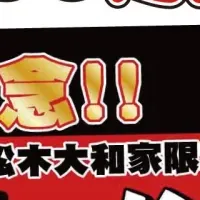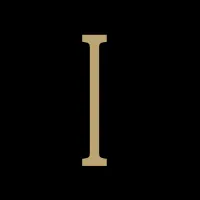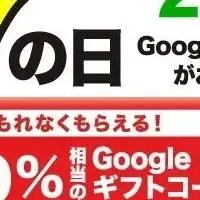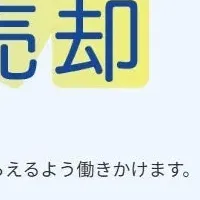
Nippon Shokubai's Acquisition of ISCC PLUS Certification for Sustainable Acrylic Acid Production
Nippon Shokubai's Commitment to Sustainability in the U.S.
Nippon Shokubai Group, a stalwart in the chemical industry, has recently reached a significant milestone by securing ISCC PLUS certification for its acrylic acid (AA) and superabsorbent polymer (SAP) products manufactured in the United States. This certification underscores the company's ongoing commitment to sustainability and environmental responsibility, providing a pathway toward carbon-neutral production practices, crucial for tackling climate change and promoting a circular economy.
What is ISCC PLUS Certification?
The ISCC (International Sustainability and Carbon Certification) PLUS certification is a prestigious third-party certification framework that verifies the sustainability of raw materials and products. Developed by the ISCC system GmbH in Germany, this certification ensures that products adhere to strict sustainability standards throughout their lifecycle—from sourcing raw materials to production and distribution. With this certification, Nippon Shokubai can confidently promote its products as environmentally friendly and aligned with global sustainability goals.
The Role of Acrylic Acid and Superabsorbent Polymers
Acrylic acid, an essential raw material widely used across various industries, is a primary component in paints, adhesives, and notably, superabsorbent polymers, which are extensively utilized in disposable diapers. The global push for sustainable practices means that businesses involved in these sectors must adapt to changing consumer and regulatory demands.
By achieving ISCC PLUS certification, Nippon Shokubai is poised to meet this demand efficiently. Their acrylic acid and SAP produced locally in the U.S. will now be offered with a carbon footprint that is effectively net zero. This is made possible through the integration of biomass-derived raw materials—further delineating Nippon Shokubai’s commitment to innovative and responsible manufacturing processes.
A Four-Region Global Supply Chain
Prior to this U.S. achievement, Nippon Shokubai had already been working diligently on acquiring ISCC PLUS certification for its operations in Belgium, Japan, and Indonesia. The certification in the U.S. marks a critical expansion of its global supply chain, which is now established across four key regions. The adoption of a mass balance approach allows Nippon Shokubai to allocate biomass-derived feedstocks efficiently amongst its products while maintaining a high standard of sustainability.
Impact on Environmental Sustainability
The introduction of ISCC PLUS-certified acrylic acid and superabsorbent polymers is a pivotal step toward reducing environmental impact within the supply chain. Nippon Shokubai aims at further advancing a circular economy, where resources are reused and repurposed, minimizing waste and emissions. The company is targeting carbon neutrality by 2050, adhering to a long-term vision built on transforming its operational practices to enhance customer value and promote sustainable growth.
This approach not only elevates Nippon Shokubai’s products in the market but also reflects their proactive stance towards mitigating environmental issues, resonating with consumers who increasingly prioritize sustainability in their purchasing decisions.
Conclusion
Nippon Shokubai's U.S. operations achieving ISCC PLUS certification is a commendable feat that highlights the increasing importance of sustainable practices in the chemical industry. As global conversations around climate change and sustainability continue to evolve, Nippon Shokubai is positioned to lead the charge, ensuring its products meet the stringent demands of both the market and the environment. This movement not only fosters innovation within the company but also represents a significant stride toward a more sustainable future for the industry as a whole.
Topics Consumer Products & Retail)










【About Using Articles】
You can freely use the title and article content by linking to the page where the article is posted.
※ Images cannot be used.
【About Links】
Links are free to use.